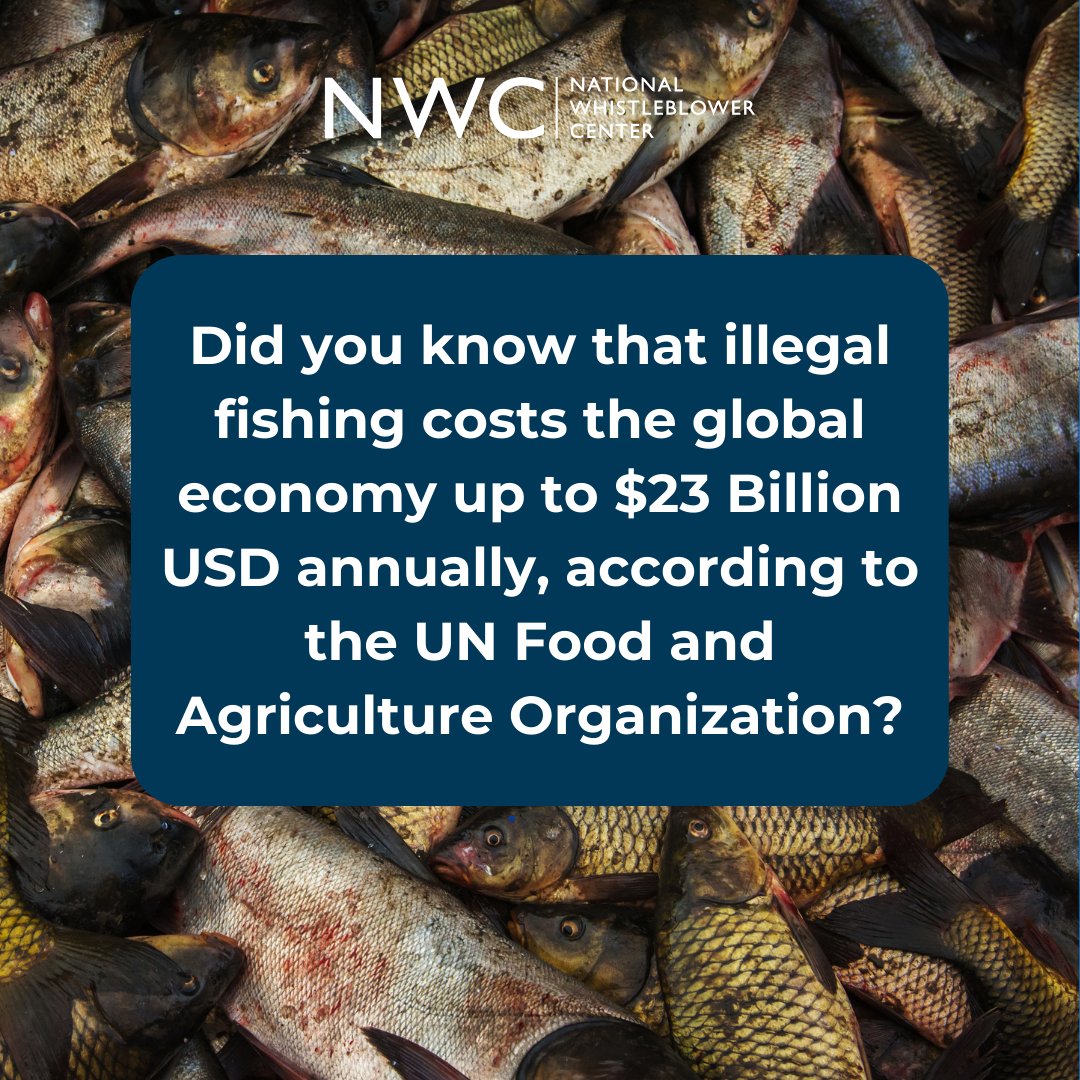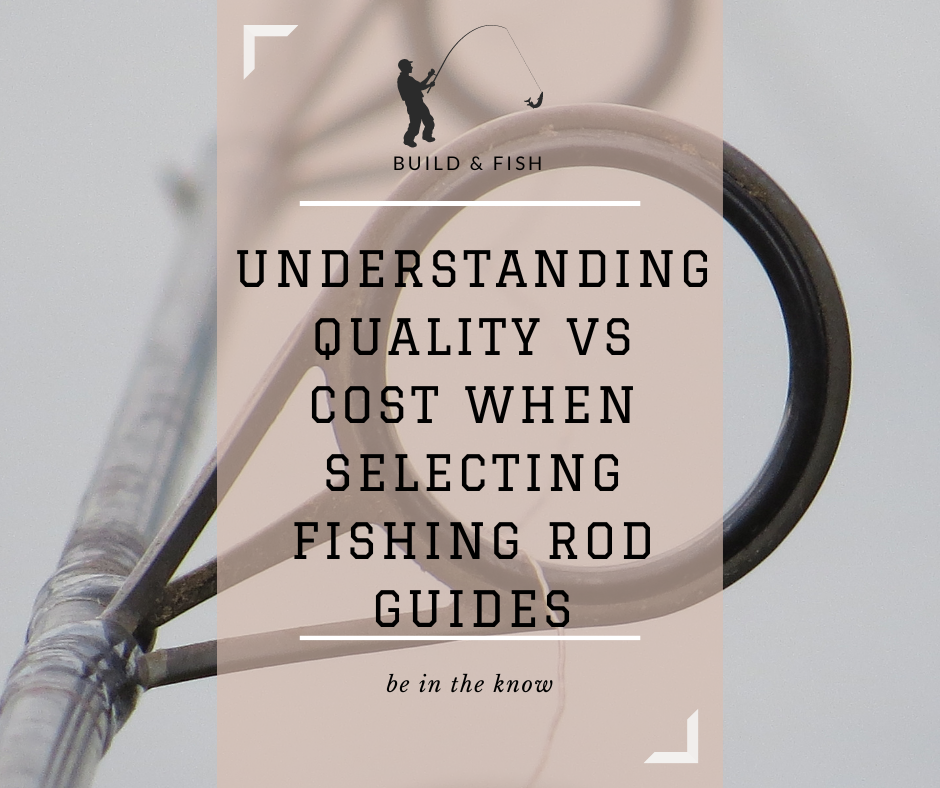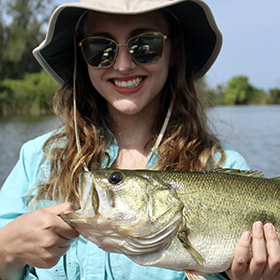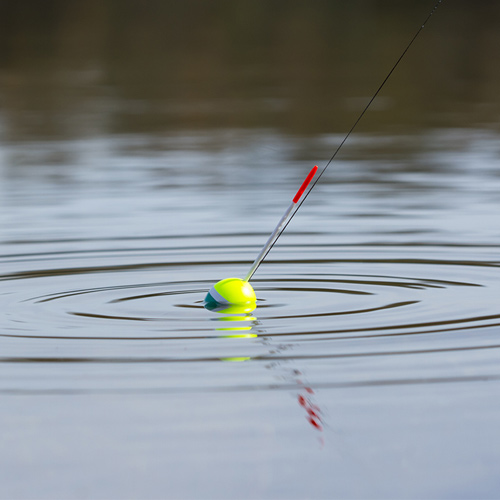What to Know About Fishing Costs: Essential Budget Tips
Fishing can be an affordable hobby or a costly sport. It all depends on various factors.
Many people find joy and relaxation in fishing. But understanding the costs involved is crucial. From basic gear to travel expenses, the costs can vary widely. Knowing what to expect can help you plan better. This guide will break down the key expenses.
So, whether you’re a beginner or an enthusiast, you can enjoy fishing without breaking the bank. Let’s dive into the details of fishing costs and how to manage them.

Credit: thecurrentangler.com
Equipment Costs
Understanding the costs of fishing equipment is crucial for budget planning. Fishing gear varies widely in price and quality. The right equipment can enhance your fishing experience. Let’s break down the costs of essential items.
Rods And Reels
Fishing rods and reels come in many types. Basic rods start at $20. High-end rods can cost over $500. Reels are also varied. You can find basic models for $15. Advanced reels may cost $300 or more. Consider your fishing needs and budget.
Tackle And Bait
Tackle includes hooks, lines, and sinkers. Prices vary based on quality and quantity. A basic set may cost $10. High-quality tackle can be $50 or more. Bait costs depend on type. Live bait like worms is cheap. Artificial lures can be costly. Prices range from $2 to $20 each.
Licensing Fees
Fishing is a rewarding hobby, but it comes with some costs. One of the key expenses is licensing fees. Different regions have different rules, so it’s important to know what applies to you.
Local Regulations
Each area has its own local regulations for fishing. Some places may require you to have a license for certain types of fish. Others may have rules about where and when you can fish. Always check the local rules before heading out.
Fishing Permits
In addition to local regulations, you might need specific fishing permits. These permits can vary in cost. Some areas offer daily permits, while others might have seasonal or annual options. It’s important to choose the right permit for your needs.
| Permit Type | Cost | Duration |
|---|---|---|
| Daily Permit | $10 | 1 Day |
| Seasonal Permit | $50 | 3 Months |
| Annual Permit | $100 | 1 Year |
Always make sure your permit is up to date. Fishing without a permit can lead to fines. It’s also important to note that some locations offer discounts for children and seniors. This can help make fishing more affordable for families.
Travel Expenses
Planning a fishing trip involves considering various travel expenses. These include transportation and accommodation costs. Understanding these can help you budget better. Let’s break down these expenses.
Transportation
Traveling to your fishing destination can add up. Consider fuel costs if driving. Car rentals can be an option, too. Public transport offers a budget-friendly choice. Check for discounts or off-peak rates. Air travel may be necessary for far destinations. Book flights early for better deals.
Accommodation
Where you stay impacts your budget. Camping is cost-effective. Some fishing spots offer camping sites. Hotels provide comfort but can be pricey. Look for fishing lodges. They sometimes include fishing packages. Vacation rentals offer flexibility. Share costs with friends or family. Always compare prices and read reviews.
Boat Costs
Understanding the costs associated with fishing is essential for any angler. Whether you’re renting or owning a boat, there are various expenses to consider. This section covers the essential boat costs you need to know.
Renting A Boat
Renting a boat can be a cost-effective option. You pay only for the time you use it. The rental fees vary depending on the boat type. Smaller boats usually cost less. Larger boats with more features are more expensive. Always check for hidden fees. Fuel charges, insurance, and damage deposits can add up. Renting allows you to fish without a long-term commitment.
Owning A Boat
Owning a boat involves higher initial costs. You need to buy the boat, which can be expensive. New boats cost more than used ones. Maintenance is another expense to consider. Regular upkeep is necessary to keep the boat in good condition. Fuel costs can also be significant. Additionally, you will need to pay for storage. Docking fees or trailer costs can add up. Insurance is also a must. It protects your investment and covers potential damages.
Guided Tours
Guided fishing tours offer a unique experience for both beginners and seasoned anglers. These tours provide access to local knowledge and often guarantee a more fruitful fishing trip. Whether you are fishing in a new location or looking to improve your skills, guided tours can be an excellent choice.
Benefits Of Guides
Guides bring extensive local knowledge to your fishing trip. They know the best spots and the right techniques for different fish. Their experience increases the chances of catching fish, making your trip more successful.
Guides also provide all necessary equipment. You do not need to buy or carry your own gear. This convenience makes the trip hassle-free. Additionally, they ensure safety on the water. Their expertise helps avoid dangerous areas and follow fishing regulations.
Tour Pricing
Tour pricing varies based on location and duration. Prices can range from $150 to $500 per day. Some tours offer half-day options, which are cheaper. Group tours often reduce costs per person.
Consider what is included in the price. Some tours include meals, drinks, and fishing licenses. Others may charge extra for these services. Always check what is covered before booking.
Remember, the cost reflects the quality of the experience. Higher prices often mean better equipment and more knowledgeable guides. Investing in a guided tour can enhance your fishing adventure.
Seasonal Considerations
Fishing costs can vary greatly depending on the season. Understanding seasonal considerations is important for anyone planning a fishing trip. Different seasons bring different rates, and knowing when to fish can save you money.
Peak Season Rates
During peak season, fishing costs are usually higher. This is because demand increases, and fishing spots become crowded. Expect to pay more for equipment rentals, guides, and charters. Peak season often includes holidays and school breaks, so many people plan trips during this time. Booking early can help secure better rates, but prices will still be higher than in the off-season.
Off-season Savings
Off-season fishing offers significant savings. Fewer people are out on the water, so prices drop. Guides, charters, and equipment rentals are more affordable. You can find deals and discounts that are not available during peak season. The off-season also provides a more relaxed fishing experience. Less competition for prime spots means you can enjoy your trip more. Planning your trip during the off-season can help you stick to your budget.
Maintenance And Repairs
Fishing is a rewarding activity. But it comes with costs, especially for maintenance and repairs. Regular upkeep ensures your gear and boat stay in top shape. This helps you avoid unexpected expenses and keeps your trips enjoyable.
Gear Maintenance
Fishing gear requires regular care. This includes cleaning, lubricating, and storing your equipment properly. For instance, after each trip, rinse rods and reels with fresh water. This removes salt and dirt. Dry them thoroughly to prevent rust.
Lubricate the moving parts of your reel. Use the oil recommended by the manufacturer. This keeps your reel functioning smoothly. Store your rods in a cool, dry place. Use rod holders to avoid bending.
Check your lines for frays and knots. Replace them if necessary. Sharp hooks are crucial. Sharpen or replace dull hooks. Regularly inspect your tackle box. Remove broken or worn-out items. Clean the box to prevent rust.
Boat Repairs
Owning a fishing boat adds another layer of maintenance. Boat repairs can be costly. Routine checks help catch issues early. Inspect the hull for cracks or damage. Address any issues immediately. This prevents further damage.
Check the engine regularly. Change the oil and filter as recommended. Inspect the fuel system for leaks. Replace any worn-out parts. Ensure the battery is charged and in good condition. Check the electrical system for any issues.
Keep the boat clean. Remove any debris after each trip. Wash the exterior with fresh water. Use boat-specific cleaning products. Dry the boat thoroughly to prevent mold and mildew.
Store the boat properly. Use a cover to protect it from the elements. If possible, store it in a garage or storage facility. Regular upkeep will extend the life of your boat. It also ensures safe and enjoyable fishing trips.

Credit: twitter.com
Insurance
Insurance is a crucial part of fishing costs. It helps protect your investment and offers peace of mind. Understanding the different types of insurance can save you money. Let’s dive into gear insurance and boat insurance.
Gear Insurance
Fishing gear can be expensive. Rods, reels, and tackle add up quickly. Gear insurance covers these items. It protects against theft, loss, and damage. This type of insurance is a smart choice for any angler. It ensures you won’t be left high and dry if something goes wrong.
Many policies cover a wide range of equipment. Check the terms to make sure your gear is covered. Some policies even cover gear used on trips. This means you can fish worry-free, knowing your gear is protected. Look for a policy that fits your needs and budget.
Boat Insurance
Owning a boat comes with responsibilities. Boat insurance is essential. It covers damage to your boat and protects against liability. This means you are covered if someone gets hurt while on your boat. It also covers damage from accidents or natural disasters.
There are different types of boat insurance policies. Some cover only the boat. Others include accessories like trailers and electronics. Make sure to choose a policy that fits your needs. A good policy can save you a lot of trouble and expense. Protect your boat and enjoy worry-free fishing trips.

Credit: exclusivetackle.com.au
Frequently Asked Questions
How Much Does Fishing Gear Cost?
Fishing gear costs vary widely. Basic gear starts at $20, while high-end gear can exceed $500.
Are Fishing Licenses Expensive?
Fishing licenses are generally affordable. Prices vary by state, averaging between $10 and $50 annually.
What Are The Hidden Fishing Costs?
Hidden fishing costs include bait, tackle, fuel, and maintenance. These can add up quickly.
Do Fishing Trips Have Extra Costs?
Yes, fishing trips often have extra costs for guides, boat rentals, and travel expenses.
Conclusion
Understanding fishing costs helps you plan better. Budget for gear, licenses, and travel. Research locations for affordable options. Consider group trips for savings. Always check for discounts and deals. Remember, fishing is a rewarding hobby. Enjoy the experience without overspending.
Happy fishing!




